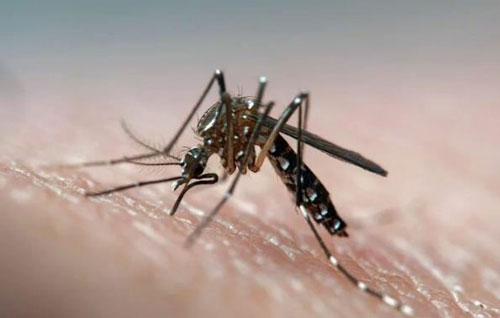Florida
Florida will begin releasing genetically modified mosquitoes this week as part of its efforts to control one of the disease-spreading species of the biting insect.
The state will release almost 144,000 nonbiting male mosquitoes in the coming weeks engineered by the British firm Oxitec that are meant to mate with biting females, with any resulting female offspring unable to survive.
The project was approved after years of public comment and official review.
“As we are seeing development of resistance to some of our current control methods, we are in need of new tools to combat this mosquito,” Andrea Leal, executive director of the Florida Keys Mosquito Control District said in a press release.
The project is meant to control the population of the Aedes aegypti mosquito, which can spread dengue fever, Zika virus and yellow fever, as well as heartworm to pets and animals.
“The Aedes aegypti mosquito makes up about 4 percent of the mosquito population in the Keys but is responsible for virtually all mosquito-borne diseases transsmitted to humans,” the mosquito control district said.
The project was approved by the Environmental Protection Agency and an advisory board of the Centers for Disease Control and Prevention, as well as the Florida Department of Agriculture and Consumer Services.
It isn’t the first time that Florida authorities have authorized novel methods to kill this disease-transmitting mosquito species.
One program released male mosquitoes carrying a bacteria called Wolbachia, which rendered their offspring nonviable, in Key West in 2017 and in Miami in 2018.
Key West has been eyeing the use of such mosquitoes since 2012, NBC News reported, due to an outbreak of dengue fever — but today the threat posed by the Aedes aegypti is even bigger.—AP










